My #1 Deer-Resistant Perennial; Arkansas blue star
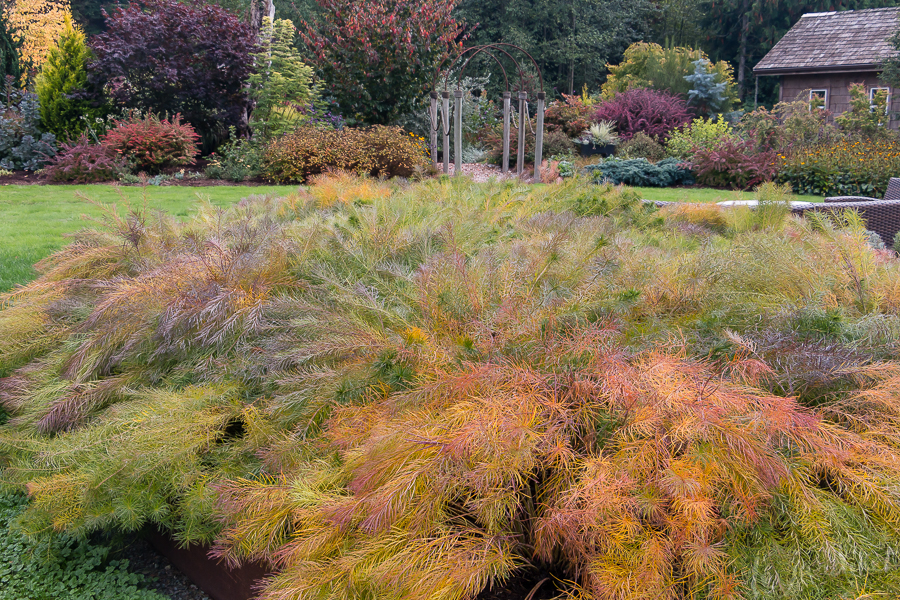
Yes I know you're thinking of summer annuals and fragrant roses. It's almost June! Yet now is the time to plan for the best ever fall display; in about three years time! Let me tell you about why Arkansas blue star (Amsonia hubrichtii) is the best perennial I've ever grown. (Hint: it's not about the flowers).
What makes Arkansas blue star so special?
- Deer-resistant (YAY!!)
- Rabbit resistant (in my garden at least – and my rabbits even eat barberries!)
- Drought tolerant once established (mine receive no supplemental water all season)
- Blooms in spring with pale blue flowers.
- Gorgeous feathery foliage
- Stunning fall color in shades of orange, red, gold, and purple
- Mingles well with other flowers and foliage in mixed borders
- Looks stunning planted en masse
- Can be used in container gardens
- Makes great cut stems for floral displays from spring until fall.
- Pest and disease free
- Attracts bees and butterflies
- Low maintenance; just enjoy, cut back in late fall and repeat!
Intrigued? You should be!
Vital statistics
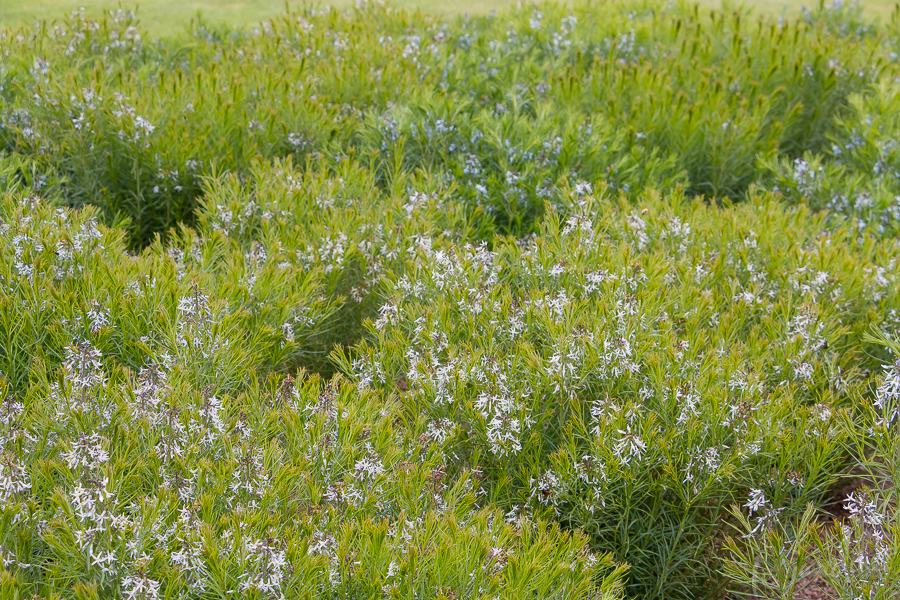
The sky-blue starry shaped flowers are pretty an attract pollinators, but to me are incidental to the real beauty of the foliage
- Size: grows to 3 feet tall and 3 feet wide
- Hardy in zones 5-8
- Needs average. moisture-retentive soil – but not overly rich
- Full sun – part shade
It is also native to south-central United States.
Design ideas
Plant combinations using color and texture
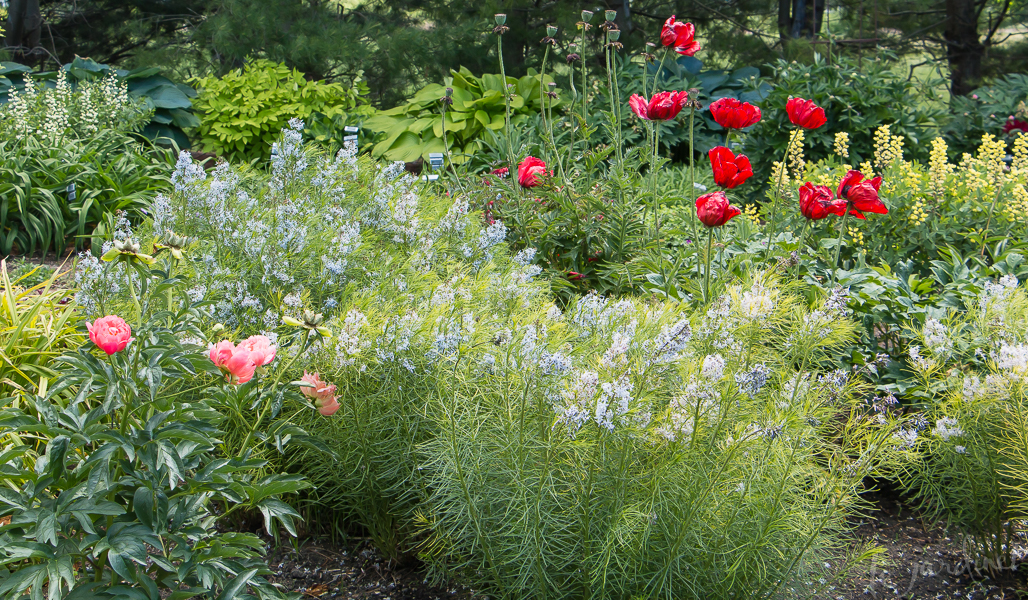
Just as in a bouquet, your favorite flowers are enhanced by the right foliage. Peonies and poppies mingle with Amsonia in a display at Walters Gardens.
Use the soft, feathery foliage to contrast with bolder leaves and flowers such as peonies, larger zinnia or spiky agave.

Designer and Portland based author Loree Bohl uses Amsonia as a textural counterpoint in her spiky Danger Garden
Do something unexpected; pair it with other finely textured plants such as the licorice plant (Helichrysum petiolare) in a contrasting color.

A trio of silver and chartreuse, finely textured plants: Amsonia hubrichtii, Helichrysum petiolare 'Petite Licorice', Santolina virens 'Lemon Fizz',.
Think ahead to fall and plan to contrast the bright, fiery colors of Amsonia foliage with dark, rich purples e.g. smoke bush (Cotinus) or Red Dragon corkscrew hazel (Corylus avellana 'Red Dragon').
Or create a more soothing, harmonious combination with late summer-blooming golden sneezeweed (Helenium spp.).
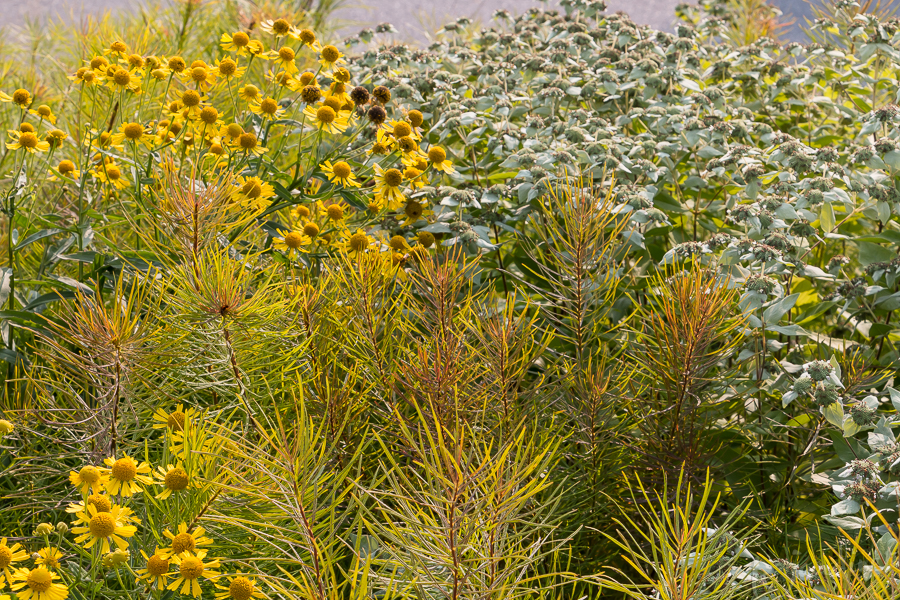
The Greater Des Moines Botanical Garden always has exciting combination ideas including this medley of Helenium and Amsonia
Think of it as an autumnal backdrop to fall blooming asters, sedums, and chrysanthemums.
Focal point ideas
Soften large boulders, pillars, arbors or statuary by placing a froth of Arkansas blue star at the base.
Fall decor in the garden? Just add a pumpkin! Can't get much easier than that.
Solo planting
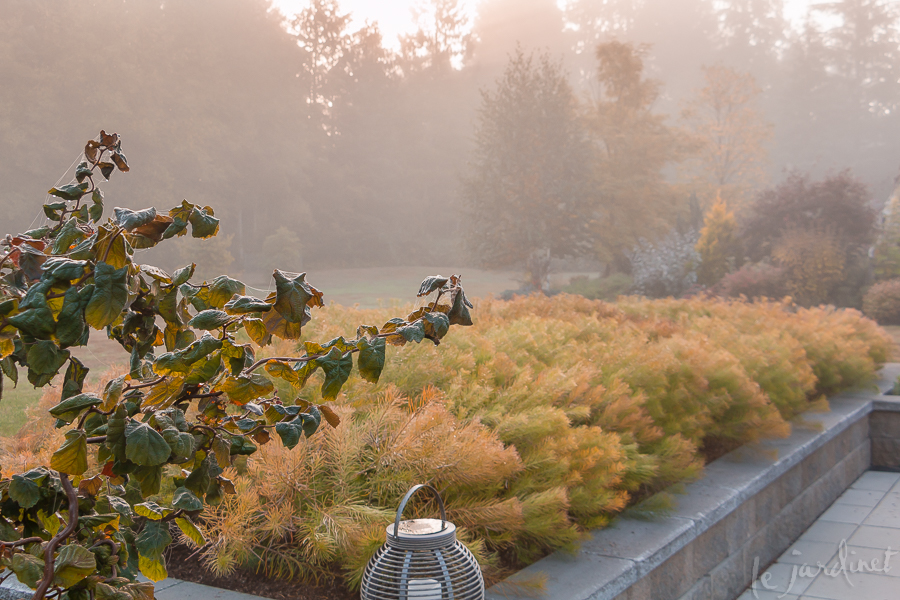
This raised bed is filled with over 50 plants – a perfect transition between the patio and wilder garden beyond
Perhaps my most adventurous installation was also the simplest- using over 50 plants to fill a large, semi-circular bed adjacent to our patio. I wanted a transition to the wilder parts of the garden beyond so that the eye continued to move beyond the bed itself. The feathery texture of Arkansas blue star was perfect for this, reading almost as a bed filled with grasses would do. I also love the way they move in the breeze, making me feel as though the garden is hugging me as I sit on the patio!
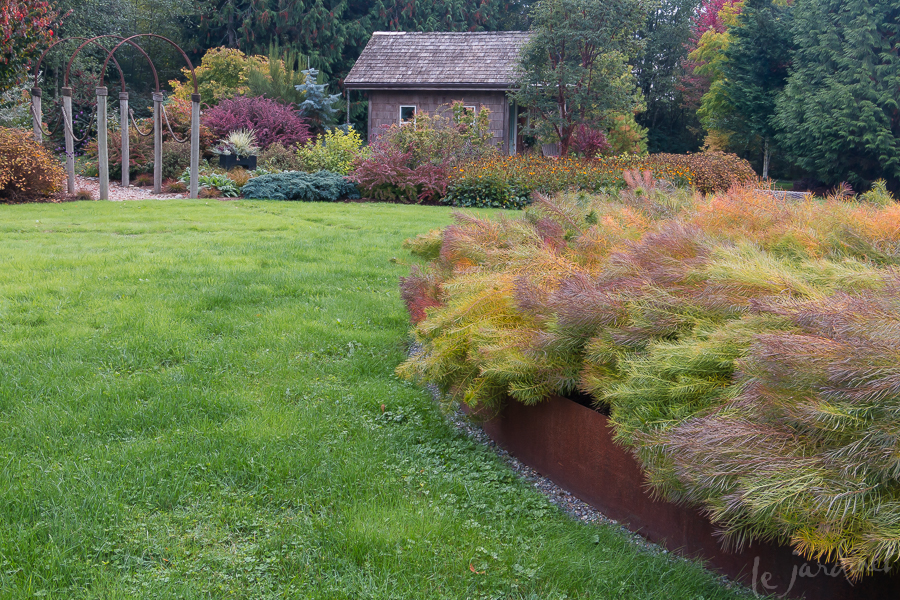
I love the way the colors of the Amsonia echoes the colors of the entire border in the background – and pairs perfectly with the rusted metal
However, this installation is about more than just mass planting. It is about color and texture. The soft foliage texture is a good counterpoint to the rugged concrete block retaining wall but the real eye-catching moment is the rusted metal arc at the back of the bed. Every year I look forward to weeks of "wow" as the kaleidoscopic display plays off this rich patina.
Container gardens
Perhaps you haven't got room for 50+ plants like me? So just use one in a container display. Use it to add height to smaller pots or as a filler to larger pots. Think ahead to the fall color when planning summer companions (ie skip the pale pink petunias!!)
Bonus tips and notes
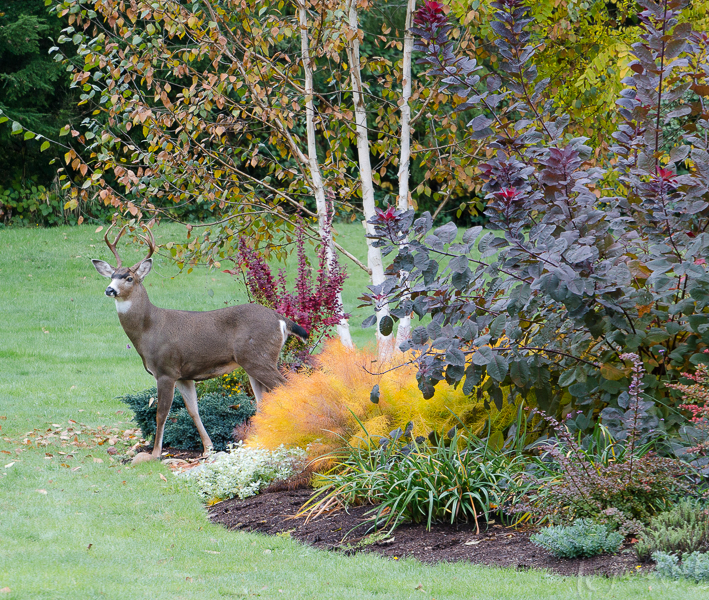
This deer was determine to win a spot in my book Deer-Resistant Design!
- If you grow this in part shade the bloom won't be as prolific. Truthfully I'm not that fussed about the flowers anyway and they are quickly hidden by the growing foliage so not a big issue.
- If grown in part shade, or in full sun but very rich soil, the plants may become quite leggy, open up in the middle and flop over. If that is the case, after blooming, give them the 'Chelsea Chop' – just cut them back by one third to one half for more compact plants.
- Some colleagues have recommended using this in a rain garden but I have not seen this done or tried it myself.
- There are other species and named varieties of the Amsonia genus, some of which I have tried – but this one is still my favorite.
- When the plant begins to die out in the middle, it is time to lift and divide the crown, discarding the middle portion. Do this in spring or fall while plants are dormant. Make sure each division has at least one "eye." Some perennials have to be divided every three years, which for me is too much work! In contrast the Amsonia I planted in 2012 are just beginning to show signs that this might be a good idea – after 8 years I'm OK with that!
- They will take about 3 years to look full and fluffy – be patient!
Where to Buy
Ask your local nursery if they can bring these in for you – they will appreciate your business. If that is not an option these online sources are worth researching:
NOTE: All designs are mine except where noted
Subscribe to Receive Blog Posts
Gardening inspiration delivered right to your inbox from Le Jardinet
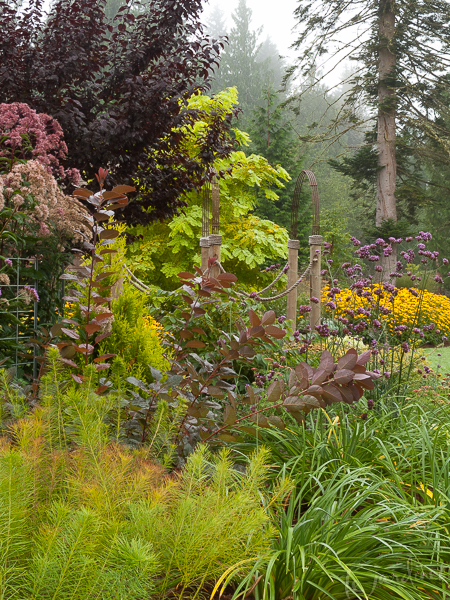
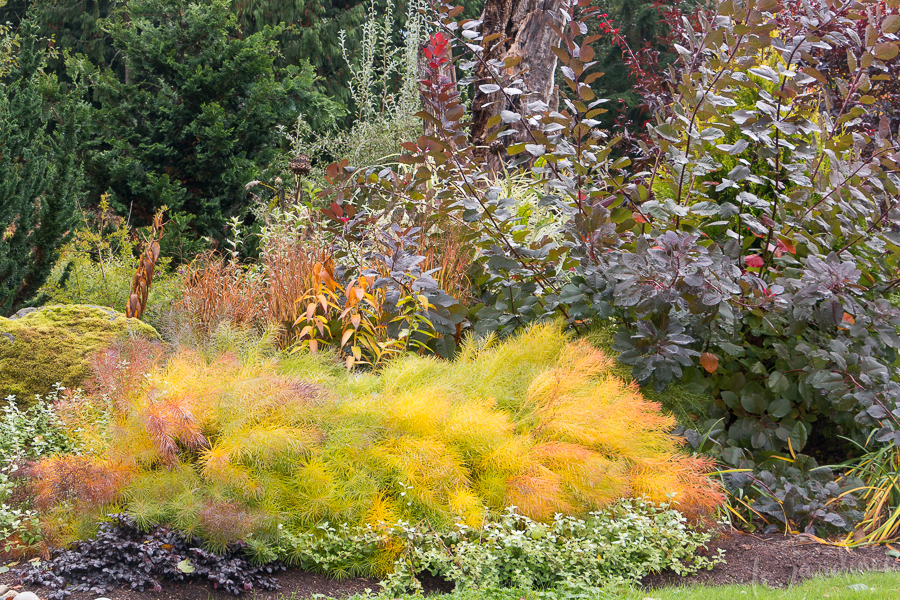
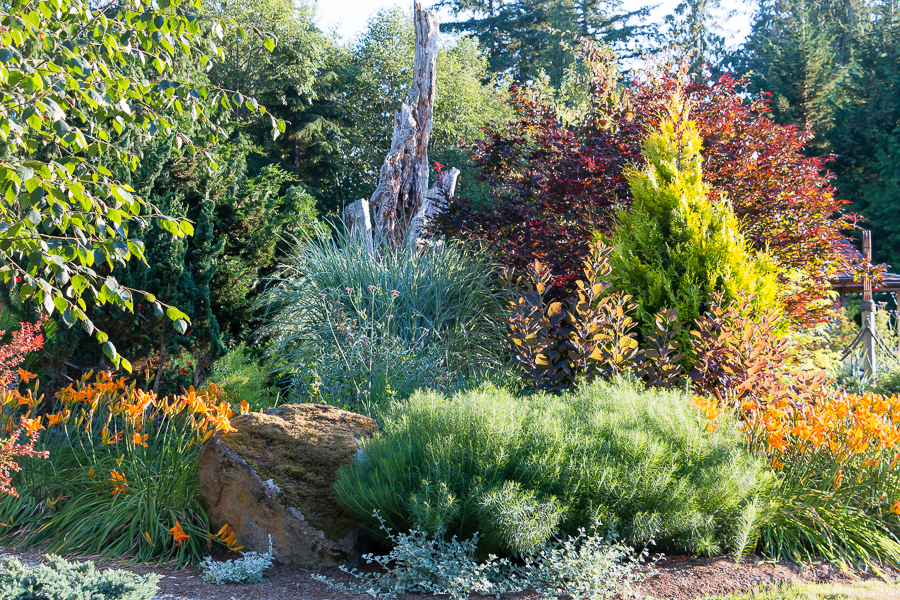
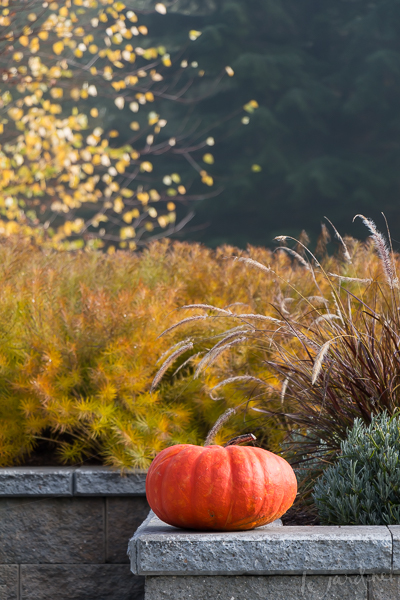
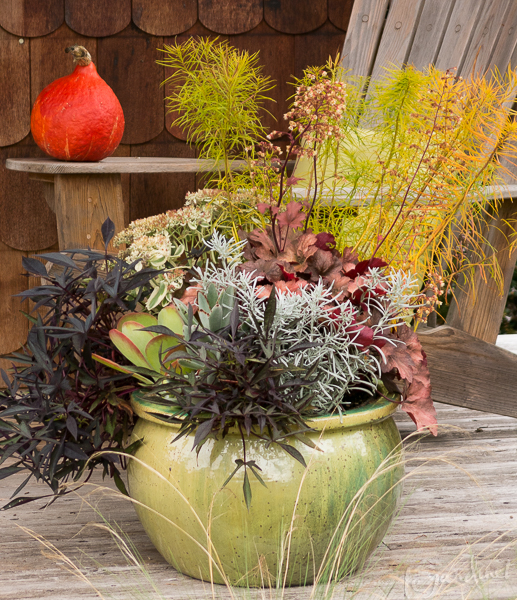
I received a piece of amsonia as a free gift with a catalog order several years ago. It did really well in my hell strip but trying to divide it was beyond my capabilities. It had gotten such a chunky root ball that I couldn’t get it out of the ground. Needed a sawsall but it worked. My advice is don’t ever try to move it. Give it plenty of space to begin with and enjoy the color.